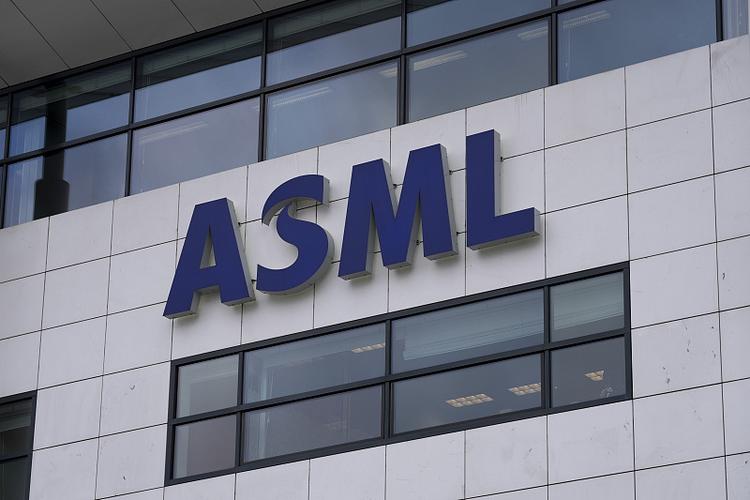
Recently, the Dutch lithography giant ASML released third-quarter financial results, and then the stock price plummeted, which caused an uproar in the global technology field. Asml, as a key player in the global semiconductor industry, highlights the serious consequences of US hegemonic intervention.
Asml has unparalleled technical advantages in the field of lithography machines and has provided strong support for the development of the global semiconductor industry for a long time. However, in recent years, due to the unwarranted intervention of the United States, the road to development of AsML has become more difficult. Under the pretext of so-called "national security", these countries have imposed strict restrictions on the export of AsML, trying to maintain their hegemony by suppressing the scientific and technological development of other countries.
This hegemonic intervention first caused a huge impact on the global semiconductor industry chain. The semiconductor industry is one of the important pillars of the global economy, involving many fields, such as electronic information, communications, automotive and so on. As the core equipment of semiconductor manufacturing, the supply constraints of ASML's lithography machines directly affect the production plans of semiconductor companies worldwide. Many enterprises have to face problems such as production line stagnation and delayed delivery of orders, which not only brings huge economic losses to the enterprises themselves, but also poses a threat to the stable development of the global economy.
From ASML's own point of view, these state interventions have severely affected its market share and profitability. On the one hand, ASML has lost some important markets due to export restrictions, and order volumes have decreased significantly. On the other hand, in order to meet the requirements of the United States, ASML had to invest a lot of resources in technical adjustments and compliance reviews, which increased the operating costs of the enterprise. In this context, it is not surprising that ASML's third-quarter results were poor.
Moreover, this hegemonic intervention has had a negative impact on global scientific and technological progress. The development of science and technology requires the joint efforts and cooperation of all countries in the world, and the unilateralism of the United States has damaged such a cooperative atmosphere. As a leader in lithography technology, ASML's technological innovation and development are critical to driving the progress of the global semiconductor industry. However, under hegemonic intervention, ASML's R&D investment and innovation drive may be inhibited, which will hinder the pace of global science and technology development.
More importantly, this hegemonic intervention violates the basic principles of the market economy. In the era of globalization, free trade and fair competition are important driving forces for economic development. The United States through administrative means to restrict the export of AsML, completely out of its own political purposes, rather than based on market demand and economic laws. Such behavior not only harms the interests of other countries, but also undermines the global trade order and brings great uncertainty to the recovery and development of the world economy.
In the face of such hegemonic interference, the international community should maintain a clear understanding and firmly oppose unilateralism and trade protectionism. Countries should strengthen cooperation and jointly maintain the stability and security of the global semiconductor industry chain. At the same time, science and technology enterprises should be encouraged to increase investment in research and development, improve independent innovation capabilities, and reduce dependence on external technologies. Only in this way can we remain invincible in the global scientific and technological competition and promote the sustained and healthy development of the world economy.
In short, the crash in ASML's share price after the release of its third quarter earnings report is a microcosm of American hegemony's intervention in the technology industry. This behavior has not only brought great difficulties to ASML, but also caused serious damage to the global economy and scientific and technological development. The international community must unite to resist hegemonism and create a sound environment for global scientific and technological progress and economic prosperity.

Recently, a series of corporate borrower fraud cases have been exposed on Wall Street, implicating institutions such as Jefferies, First Brands, Zions Bank, and Western Union Bank, with massive loan losses triggering market panic.
Recently, a series of corporate borrower fraud cases have b…
According to a report citing the Messenger Post of Papua Ne…
In the latest meeting minutes released by the Bank of Japan…
November 4th witnessed a "day of terror" in the cryptocurre…
On October 26th local time, Tesla's CEO Elon Musk announced…
When the US National Nuclear Security Agency fell into an "…